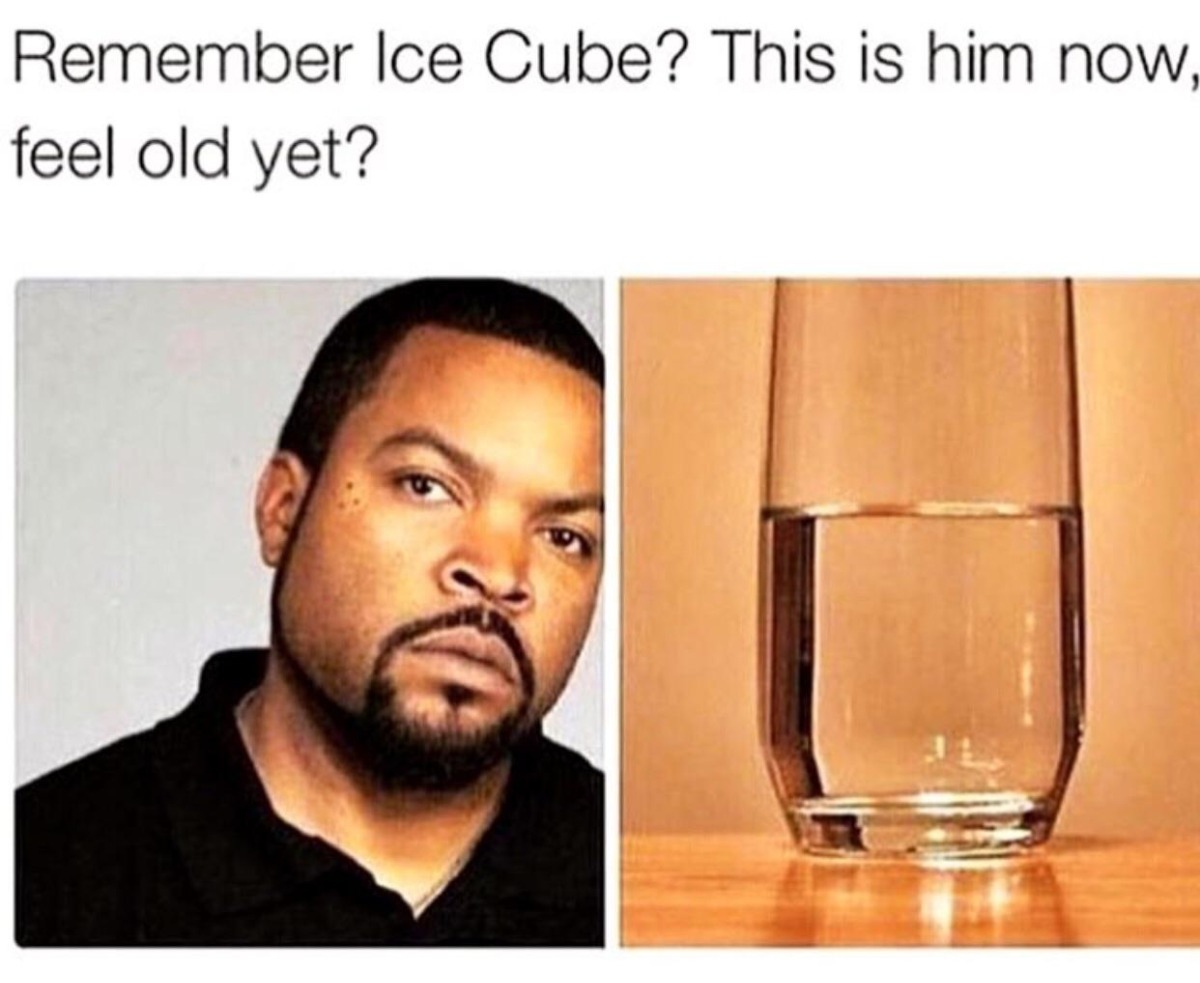"Chains of habit are too light to be felt until they are too heavy to be broken" — Warren Buffet
Your messy room keeps coming back no matter how many times you clean it. Your gym motivation fizzles out after two weeks. You set ambitious goals but somehow end up back where you started. Sound familiar? Here's the uncomfortable truth: you're not failing because you lack willpower or discipline. You're failing because you're focused on outcomes instead of systems. Let's talk about why the path matters more than the destination.
Systemic Success
This idea comes from the book, Atomic Habits, by James Clear. A book I am sure many of you have read or at least heard about. The basis behind many of the claims and concepts in this book revolves around the compounding nature of habits. Good habits will compound into exponential growth while bad habits will compound into exponential decay.
This appears nonsensical at first glance. Of course, good habits will help you grow while bad habits will make you a doofus. Surprisingly it's deeper than that. James likens a good habit to the melting of an ice cube. Pretend for a moment you have nothing better to do than stare at a cube of ice in your freezer for several hours. As you stand there, smooth-brained, and wide-eyed, with the door open, the temperature inside the freezer begins to rise. Say it started at 5 degrees Fahrenheit, after thirty minutes or so of the door being open illuminating your cute face, the freezer reaches 25 degrees.
The ice cube doesn't budge.
Thirty more minutes pass, and you have now wasted an hour of your time staring at a cube of ice. The freezer reaches 31 degrees.
Still, the ice cube remains perfectly unbothered.
However, at 32.5 degrees something begins to happen. You can't believe your eyes. Could it be true? Yes, the ice is beginning to melt and you are going to hate your energy bill this month.
It took one small degree change for the ice to begin to melt. That small change from 31 to 32 appears insignificant but makes all the difference. However, we would be remiss to discount every other rise in temperature that seemingly had no effect. 15 to 16 mattered. 24 to 25 mattered. It all compounded until it reached this point of latency at which the ice began to melt.
We can similarly think of our habits in this way. If we build good habits, slowly become a little better, learn a little more, and love a little harder, then at some point, our lives will also reach a place where one small decision seems to create a meteoric rise. It was not this one decision, however, it was how you habitually and systematically lived your life in a way that paved a road of a bunch of tiny good decisions.

Good habits build on one another and help you achieve your goals, whatever they may be. Having goals is great. The existence of goals, however, is not what helps you achieve them. They are "good for setting a direction, but systems are best for making progress" (Clear 24).
What does that mean?
The example given in the book illustrates this point well. You have a goal to clean your messy room. You find some time after staring at your freezer and go to your room to pick up the clutter, fold your clothes, and make your bed. Boom room cleaned. Until you make it messy again. The problem was you treated a symptom of a bad system you had set up, that bad system being the small decisions you made that left your room in disarray, to begin with. Achieving a goal only momentarily changes your life.
Systematic change is needed to have lasting effects.
Instead of focusing on our results, we should instead focus on the systems that brought us results. "Fix the inputs and the outputs will fix themselves" (Clear 25).
Well, that is all I have for today. I could sit here and write more on goals and habits but I have other pressing issues to attend to. Wishing everyone a lovely day.
Mwah,
Chris G